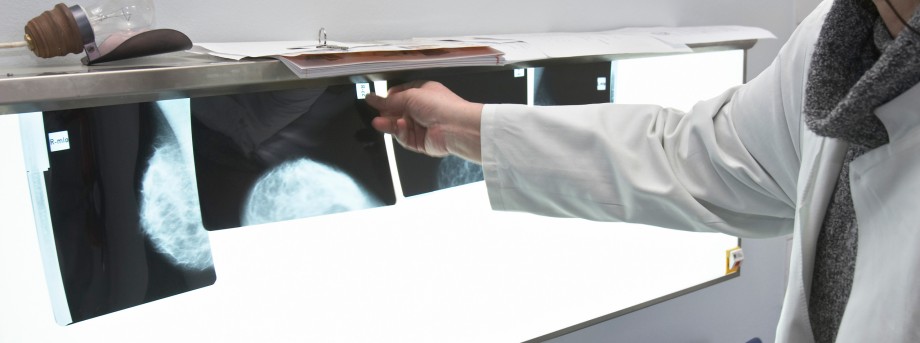The University of Nottingham
 Exchange online
Exchange online
Research Exchange
Distinct biology of breast cancer in older women

Early operable breast cancer in older women has distinct biological differences to breast cancer in the under 70s. The research by experts at The University of Nottingham could explain why the majority of older women tend to get less aggressive tumours and should lead to improvements in treatment and outcomes.
The results showed that older women have a unique biological type of breast cancer — low oestrogen receptor luminal — which supports observations as to why breast cancers in this age group appear to have different behaviours. The findings have recently been published in the academic journal British Journal of Cancer.
The study, led by Mr Kwok-Leung Cheung from the School of Graduate Entry Medicine and Health at The University of Nottingham, supports calls by the leading support charity Breast Cancer Care to improve outcomes and experiences for older women with breast cancer. It also coincides with a parliamentary inquiry into older people and breast cancer led by the All-Party Parliamentary Group on Breast Cancer in partnership with the charities Breakthrough Breast Cancer, Breast Cancer Care and Breast Cancer Campaign.
The research was carried out by Binafsha Syed, as part of a PhD scholarship funded by her home institution Liaquat University of Medical and Health Sciences Jamshoro and the Higher Education Commission of Pakistan.
Mr K L Cheung, who is in the Division of Breast Surgery, said: “As age advances breast cancer appears to change its biological characteristics, but we still don’t know enough about the precise differences between older and younger patients. A lot of work stills needs to be done in this challenging area of cancer research to improve the care of older breast cancer patients.”
One third of cases occur in women over 7
Age is an important risk factor of breast cancer and one-third of cases occur in women over the age of 70. Older patients tend to present with other medical conditions and a considerable proportion eventually die from non-breast cancer causes. However, there is a lack of, or under-representation of, older women in related studies.
Mr Cheung said: “Given this lack of data, our study is unique and important for being a large series from a single centre, characterising breast cancer specifically in older women, correlating the biology with long-term clinical outcome and also comparing them with the younger series from the same unit.”
The publication of this research coincided with a recently held Study Day on Primary Breast Cancer in Older Women, attended by clinical and research personnel in the field from across the UK. The event was hosted by The University of Nottingham, under the auspices of the International Society of Geriatric Oncology.
New research welcomed by breast cancer charity
Lizzie Magnusson, Policy and Campaigns Manager at Breast Cancer Care, said: “We welcome this new research and its focus on the treatment of older breast cancer patients who are so frequently overlooked. As the leading breast cancer information and support charity, we want every breast cancer patient to have access to high quality treatment and care regardless of their age. This includes access to appropriate information and emotional and practical support.
“Increasing evidence points to many older patients receiving later diagnosis and under treatment. We hope that this research can be built on and ultimately contribute to improved survival rates among older women.”
Tags: breast cancer, Breast Cancer Care, British Journal of Cancer, Division of Breast Cancer, low oestrogen receptor luminal, older women, School of Graduate Entry Medicine and Health
Leave a Reply
Other News

Top prize for quantum physicist
A University of Nottingham physicist has won a prestigious medal from the Institute of Physics for […]

Zero carbon HOUSE designed and built by students comes home
Design and construct a low cost, zero carbon, family starter home, transport it to Spain, build […]